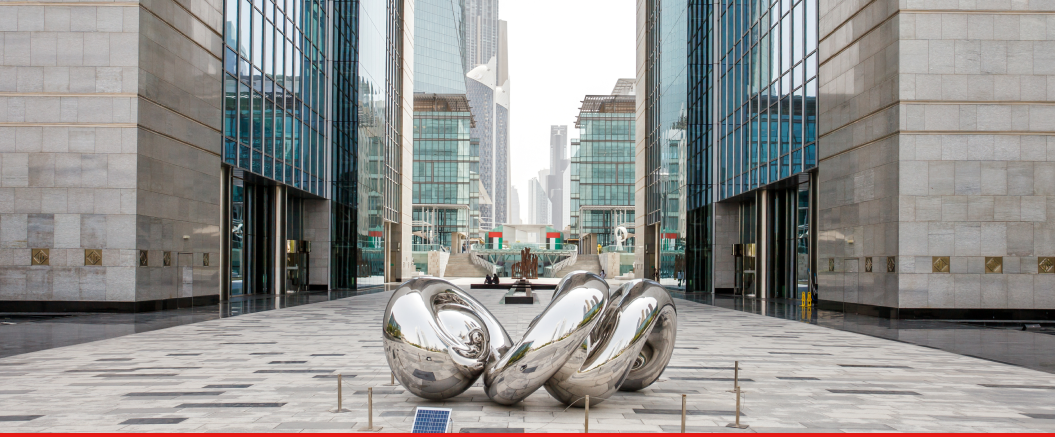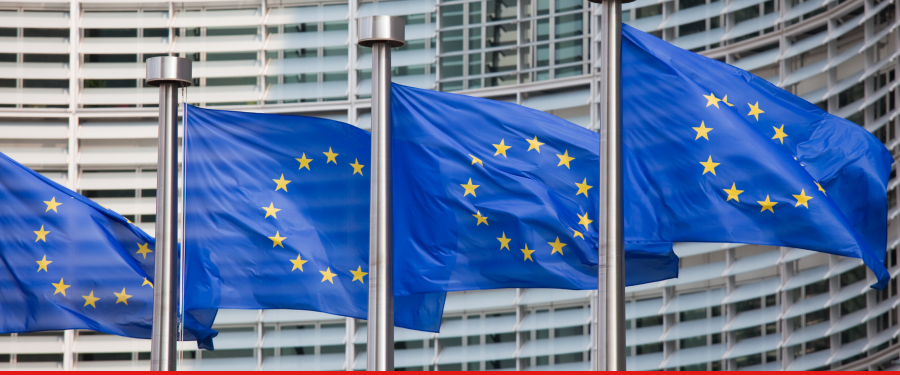In a significant development for businesses and investors, the UAE was removed from the EU Blacklist of Non-Cooperative Jurisdictions for Tax Purposes in 2019, marking a pivotal shift in its global standing. The UAE took specific measures in its journey towards compliance, highlighting its commitment to international tax standards, transparency and cooperation.
In this post, we will explore the benefits of being off the EU blacklist, including improved investor confidence, easier access to European markets and the reduced risk of reputational damage for businesses operating in the UAE. Additionally, we will outline the numerous advantages of establishing a company in the UAE, from its strategic location to its favourable tax regime, making it an increasingly attractive destination for global investors and entrepreneurs alike.
Why was the UAE placed on the EU blacklist?
The inclusion of the UAE on the EU blacklist in 2017 was primarily driven by the EU’s concerns over the country’s perceived shortcomings in meeting international tax transparency and anti-tax avoidance standards. At the time, the UAE was seen as lacking sufficient measures to ensure that businesses operating within its jurisdiction adhered to globally accepted economic substance requirements and standards for the exchange of tax information.
The EU blacklist, which aims to identify jurisdictions that do not cooperate in combatting tax evasion and avoidance, highlighted the UAE’s need for regulatory reforms. Being placed on the EU blacklist not only posed reputational risks but also threatened the UAE’s appeal as a global business destination, prompting immediate and decisive action by UAE authorities to implement reforms and align with the EU’s expectations. This strategic response laid the groundwork for the UAE’s removal from the list and its renewed commitment to international tax compliance.

How was the UAE removed from EU blacklist
The UAE was removed from the EU blacklist on 10 October 2019, following a series of strategic regulatory reforms and sustained efforts to align with international tax standards. To address the EU’s concerns, the UAE implemented significant measures, including the introduction of comprehensive economic substance regulations, the automatic exchange of tax information and enhanced anti-money laundering frameworks. These actions demonstrated the UAE’s commitment to transparency and cooperation with international tax authorities, ultimately meeting the EU’s stringent requirements for delisting.
The UAE’s proactive engagement with the EU, including continuous dialogue and the timely adoption of necessary legal and regulatory changes, played a crucial role in securing its removal from the EU list of blacklisted countries. This achievement not only reaffirmed the UAE’s position as a compliant and cooperative jurisdiction but also underscored its dedication to maintaining a transparent and attractive environment for businesses and investors worldwide.
Benefits of the UAE’s removal from the EU blacklist
The UAE’s removal from the EU blacklist brings numerous benefits that significantly enhance its appeal as a global business and financial hub. Being delisted from the EU list of blacklisted countries improves the UAE’s international reputation, boosting investor confidence and solidifying its position as a trusted jurisdiction for multinational companies. This change also helps the UAE avoid potential economic sanctions, restrictions on funding from EU institutions, and increased scrutiny from global financial markets, which can deter investment.
Furthermore, the removal enhances the UAE’s competitive advantage by reducing the administrative and compliance burdens that businesses might face when dealing with entities on the EU blacklist. Overall, the UAE’s updated status not only supports its vision of fostering a world-class business environment but also strengthens its attractiveness as a strategic location for companies seeking a stable, transparent and cooperative tax jurisdiction.

Current EU list of blacklisted countries
At the time of writing (September 2024), the EU list of blacklisted countries includes 12 jurisdictions: American Samoa, Fiji, Panama, Trinidad and Tobago, Anguilla, Guam, Russia, US Virgin Islands, Antigua and Barbuda, Palau, Samoa and Vanuatu.
Advantages of establishing a business in the UAE
The UAE’s removal from the EU blacklist reaffirms its status as a dynamic and attractive destination for establishing and growing a business. The country’s commitment to international tax compliance, robust regulatory environment and strategic location at the crossroads of global trade make it an ideal choice for entrepreneurs and multinational companies alike.
With a business-friendly landscape, world-class infrastructure and enhanced credibility on the global stage, the UAE continues to offer unparalleled opportunities for investment and expansion. If you are considering setting up a company in the UAE and need assistance with business registration and related services, Europe Emirates Group is here to guide you every step of the way. Contact us today to learn how we can help you take advantage of the UAE’s thriving business environment.




